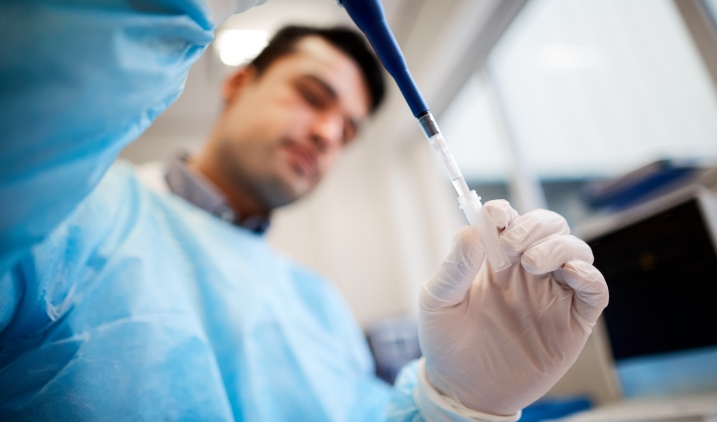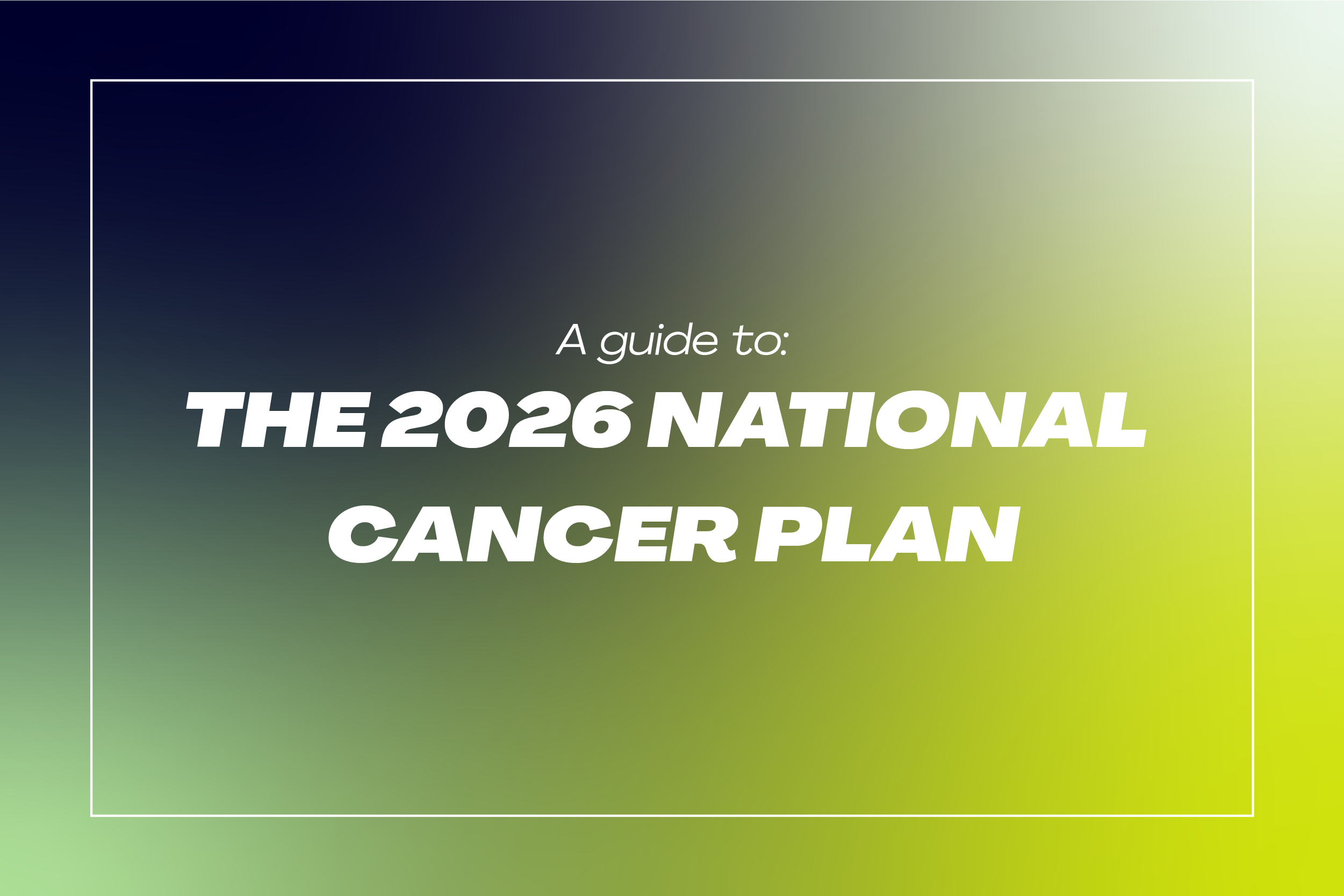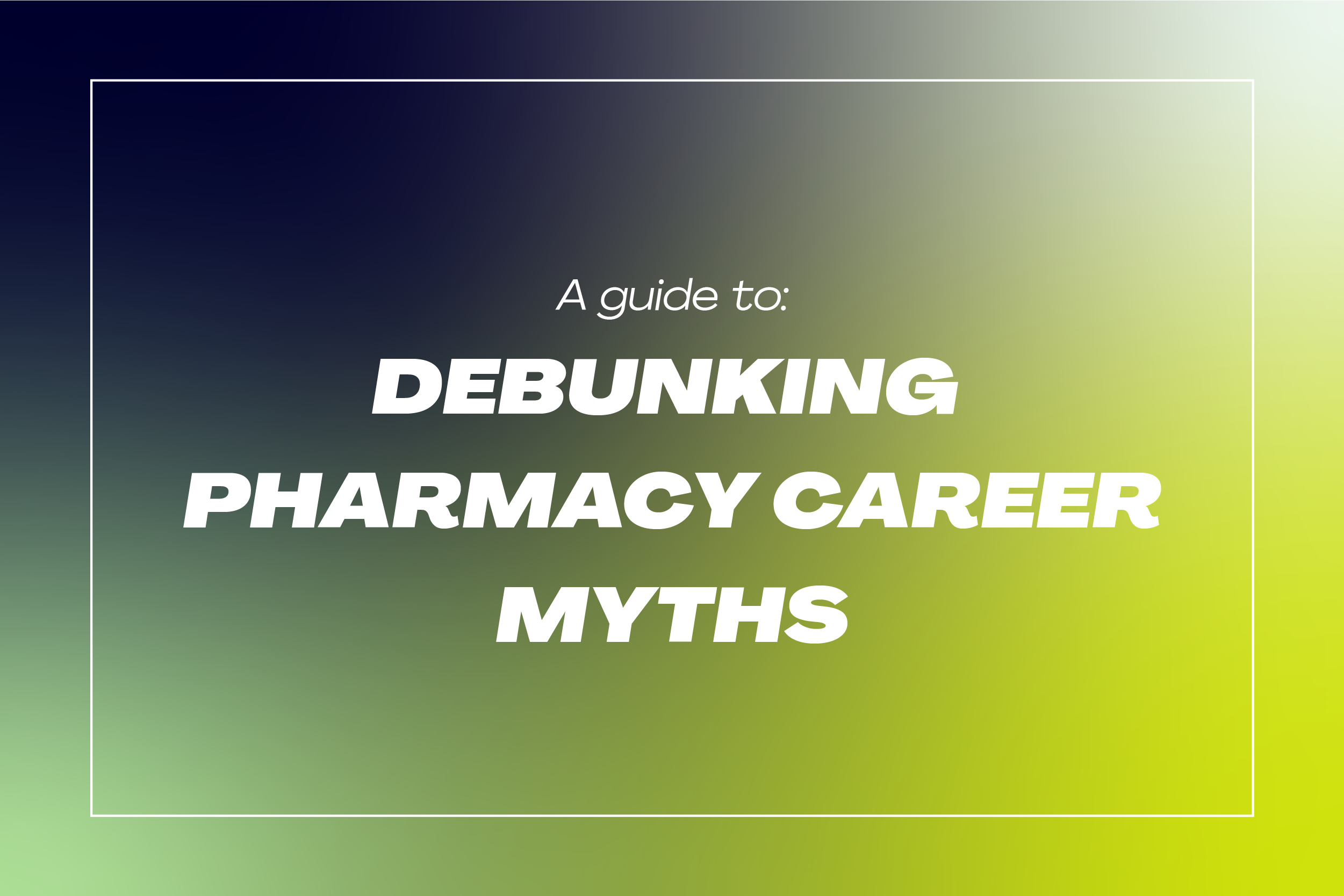As a graduate of any degree, it’s natural to have a tonne of questions or concerns running through your head – it can be quite a nerve-wracking place to be.
Anyone who’s been to university has had this feeling, and for that reason, they’re the perfect people to turn to for advice as a new graduate, which is exactly what we’ve done!
If you have a degree in Biomedical Sciences, this one’s for you. We’ve asked one of our experienced biomedical scientists all your FAQs and here’s what she had to say…
How do you retain all the information you learn at university?
Within my course, I had many practical classes and my teachers were working biomedical scientists, so they were able to teach us valuable tricks and techniques (it’s likely yours did too!). As it’s a four-year practical course, much of the information becomes engrained in you – don’t worry, you’re not likely to forget!
How long did it take to feel comfortable and confident in your practice?
I still don't feel 100% confident in everything. There are always new things to learn, little gaps in my knowledge and each place I work in is different; there could be new techniques, new equipment or different ways to do the same procedures. I’m always conscious that I work in health, which is, of course, an area of high importance, so I’ll only do what I feel confident doing and ask for a second opinion for the rest.
I try not to get myself too down when I make mistakes. When I do something wrong, I stop to investigate whether it was a one-time thing and if not, how long I’ve been doing it incorrectly, so I can adjust what I’m doing. I think being overconfident stops us from learning and bettering ourselves.

How can you improve your chances of getting a BMS job?
Make sure that you can adapt well to new situations. Dedicate yourself, show professionalism and good team spirit.
My degree was excellent, and I am always looking for more knowledge. I’m looking for what people can teach me, new ways to do the same task to make my work easier, quicker and more efficient.
As with most jobs, experience is everything. Seek new opportunities where you can – locum biomedical science jobs are great for this as you have the flexibility to move around freely and demonstrate that you can adapt to new situations.
I really love my job!
What do you need in order to practice?
With some knowledge and experience, it is possible to apply for assistant BMS jobs and do the more basic tasks within the lab. But to be considered a biomedical scientist or a specialised health professional, you must be registered with the Health and Care Professions Council (HCPC).
The HCPC requires documentation to prove your identity and morality, for example, a passport, driving licence, a document of identification, proof of address and any police reports from the countries you have lived in. They also ask for evidence of your degree; this could be a letter from the regulator in the country your degree is from or a detailed certificate that contains information on all the units you studied as part of your qualification.
How do you make your CV, cover letter and interview standout from the rest?
I try to keep my CV simple: first comes the most significant information like work experience and internships. I try to be very short and only mention the skills I have developed in each workplace.
Next, I include relevant information from my education - things such as my degree or other courses I’ve done that relate to the job. I’ll then mention skills that aren’t essential for the opening, but I think might be of interest, for example, I might comment on my qualities or the additional courses I’ve taken that give me some edge.
Some people add the names of all the equipment and brands they work with, which some employers like. However, I choose not to do this as I believe that if I know how to do a task, I should be able to adapt to any equipment. This is a personal choice and completely down to you.
I’ll then finish with my references.

As a locum, we don't have interviews; however, when I am first in contact with a manager, I always try to show confidence, competence and how committed I am. I’ll dress more smartly, keep my makeup light, smile and even study a little for the work I’ve been hired to do.
Check out Your World’s ‘Your Career Advice’ page
‘No one’s hiring me, it’s too competitive – what can I do?’
First, evaluate whether this is a job you are happy doing. Sometimes a gap year doing something other than biomedical science can help to determine in your mind that it’s the right career path for you.
If you already have your mind set on what you want to do, you can try locum BMS jobs. Hospitals will accept you, but you have to show your worth and will only have a short period to do this. It will all be worth it in the run to finding your dream job.
You can even try looking for opportunities outside your home city or country. Making efforts like this will really stand out to future employers.
Every workplace is competitive, but the secret is demonstrating your skill and efforts to improve the working environment.
What are your working hours, and can you give a brief job description?
I work a 37.5 hour week, which works out as 7.5 hours a day.
I’m currently working in immunohistochemistry, so my day involves: picking the requests and blocks, booking in new requests, printing labels, microtomy, planning the machine runs, quality control and looking into cases. Other areas of histology include dissection, embedding, microtomy, quality control, special stains and support work.
What are your next steps?
I’ve decided that I want to keep learning as much as I can and expand my experience by working and travelling around the world. If you remain in the same place, you end up in a routine just following procedures and there’s always a limit to how much you can learn, so that’s why I like to change and take up more temporary BMS jobs. I would definitely recommend that others in biomedical science try locum work, even if it’s temporarily.
See our blog on stepping out your comfort zone
Taking your degree overseas

My degree is very specific, which is an advantage as I’ve learnt techniques that I can pair with those I’ve picked up during my work placements.
Every laboratory has different techniques, even within the same country, so when you travel abroad, the differences become even more apparent. I consider this to be a good thing as I’m able to bring the techniques I’ve collected from my previous lab experiences onto the next job and teach them to my new co-workers.
If you could go back in time to after you graduated and change one thing, what would it be?
I probably would have come to the UK immediately after finishing my degree. I wasted so much time in jobs that made me unhappy and doubting my skills.
Sara Faria is a locum biomedical scientist who moved to the UK with Your World, and you could do this too…
If you’re a Biomedical Science graduate and are looking to take the first steps in your career, be that in the public or private sector, give the Your World BMS Team a call on 020 7220 6663 to see how they can assist with your graduate development. If you have any other questions that haven’t been answered here, feel free to ask those too!
Are you a biomedical scientist from outside the UK? Did you know that we also have an International Team who can help international candidates move here? Take a look!
We think you will also like…
What exactly is your 'Shortlist' and how can it help you find the perfect job?
If you're a Biomedical Scientist, you're part of an elite group!







.jpg)




